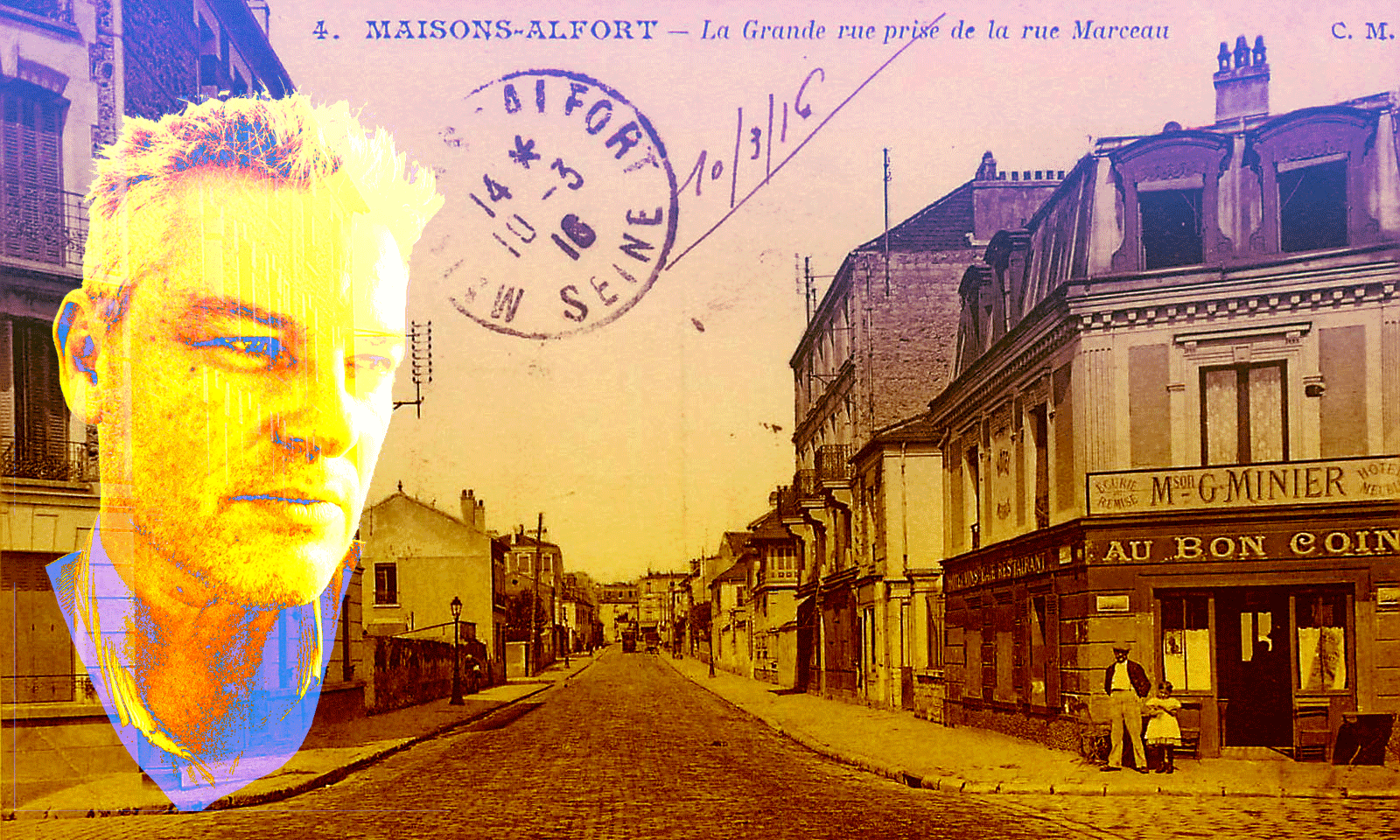
Every morning, around nine o’clock — not really early and not quite civilized — he settles down on the same terrace, where the wicker chair has finally formed the contours of a man who now does not hurry to get anywhere. There, he looks. Or rather: he waits for the memories to take precedence over the passers-by.
And he sees
Coffee is lukewarm, as are regrets over time. Sugar melts with a military burial slow. And he sees.
He first sees his father, dressed as a sixties bank employee, leather satchel under the arm, leaving to take the subway with a serious man who has been entrusted with the keys of post-war reindustrialization.
Then he sees his grandfather, already a little arched, with this jacket that smells of grey tobacco and warm potatoes. He descends towards the city as one goes up to the front, by duty, in silence.
He also sees his mother, elusive and beautiful, running behind a bus with the involuntary elegance of women who do not want to disturb anything but still disturb everything.
Less noisy
The times are different, they overlap in a very personal disorder. The suburban pavilion, this modest kingdom with pale walls and a hesitant garden, is the perfect backdrop. Everything is there: the linen at the windows, the shutters a little crooked, the small hedge of laurel, this bush survivor who has grown three generations and has been silent since.
He does not speak, he thinks. It is less noisy. He thinks that the dead have never been as present as since he stopped chasing the living. He thinks that this small volume of caffeine is perhaps all that remains of a world engulfed, except here, in this reality, you can dip a crescent into it.
Then he looks at the hedge, as one greets an old lady who still remembers your name. And in this look, there is everything: the absence, the fidelity, and that modesty that always makes the emotion pass through the service staircase.
Awakening is vermeil and silence is gold.
This suspended time
This café has always been known to him. It is now the Café du Carrefour, but its name has changed at the whim of the managers. Only the table in the background, in the shade of the tired store, which future managers will decide not to change either, remained faithful to him as a memory whose image he would have lost but kept the perfume.
He commands without conviction or indifference, drinks slowly, looks with intensity. The hour is often to nothing, privilege of the contemplators. And this is indeed the supreme luxury that this suspended time has become ritual.
In front of him, the street is shaking, the cars are purring like modern beasts from a herd with no purpose. But he is looking for something else, he is waiting. Not someone, but all his own. And they come, faithful, punctual, sitting somewhere in his memory, always ready to cross the street as one crosses a dream.
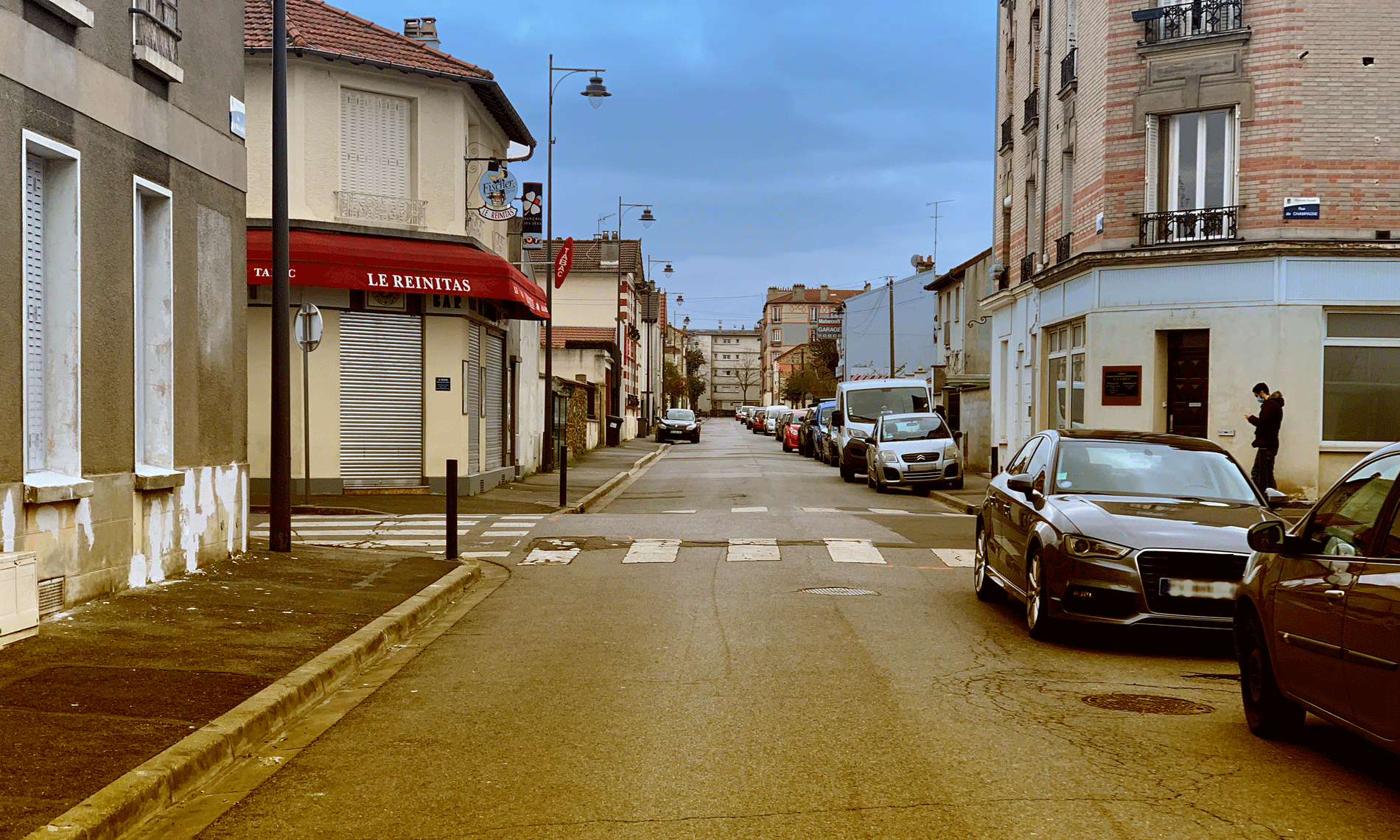
Behind that little wall
First his father, with his discreet coat and his sporty approach, the decided step of the one who never gives up and leaves to win the day as we left for battle. He walks without a word, but in his straight silhouette, we read the modest pride of one who built himself by himself.
Then his grandfather. He only knew him old and tired, the back damaged by two wars, the plough and work. It carries the smell of earth, wooden crates, grocery stores of yesteryear. He wears a moustache like the heroes of the trenches, with a sad sweetness in his eyes that seems to say «We continue, because we must».
He does not speak to her, he cannot. And that is the most heartbreaking. He would tell him all that the world had forgotten, everything that he himself no longer understands. Ask him how he managed, with his calloused hands that worked wood like a silversmith diamond, to raise a family in a house without heating, planted rue de la Belle-Image, this derisory name posed as an irony on a neighborhood where nothing, never been easy.
It was there, behind this small wall, that his grandparents had planted this laurel hedge which had withstood the winter of ’54 and the heat of ’76, local taxes and neighborhood quarrels. She is still there today, brave and faithful, as a plant sentinel to keep the memory of these anonymous heroes.
This appointment
And he, every morning, looks in this direction, through the people, the buses, the news of the world that seem to him all more bland and senseless than the silences of yesteryear. He remembers his mother, elegant even in haste, and his grandfather, sitting on a folding chair, one eye on the garden, the other on the memory of the revolt of the 17th infantry regiment, whose song he often hummed, not out of provocation but out of sensitivity.
Sitting and living, he drinks his coffee without really being interested in it. The taste does not matter, has no more. What matters is this appointment. A silent rendezvous with those who had never had time to settle down, and who, since they had left, came to rest in him.
Awakening is vermeil and silence is gold.
He often thinks that France lost something precious when it gained comfort. That in the struggle of his elders there was more nobility than in all modern debates. They at least, said nothing, but did. They had lived through the humiliation of 40, fear, hunger, the smell of cold coal and Sunday soup, they had not known happiness, but they had built a life that stood.
The world will not be destroyed by those who do evil, but by those who look at them without doing anything.
And he, at this terrace, every morning, tries not to let them down. He offers nothing but his fidelity. It’s not much, but it is what he has. And when the sun comes to illuminate the laurel hedge of the rue de la Belle-Image, he is sometimes surprised to think that there remains only this, a fragile light on things that have disappeared.
But that’s enough to make his heart beat. For today. And for yesterday.
Belle-Image Street
Sometimes there was a slight tremor in the morning air, like a curtain that is raised without being touched. So, everything was a little blurry, not enough for people around to notice it -you have to have some fine nostalgia to notice this kind of thing.
The Post Office, for example, was no longer this glass-covered and sinister building with its yellow postage machines. No. It was back to the small corner office with its wooden windows behind which officiated a bald and rude man, who called everyone «my little guy» or «my beauty». The cafe itself, in those moments, was taking back its red curtains and its patroness in a floral blouse, which poured the calva into the cafe without asking if it was to drown the sorrow or just warm the arteries.
And above all, rue de la Belle-Image, the pavilion was there. Whole. Intact. With its brown tiles, hand-painted shutters, linen hanging like a makeshift flag between two difficult years. The laurel hedge no longer bordered a wide corridor, but a garden that had just been ploughed. We could hear a post chirping upstairs -Radio-Luxembourg no doubt- and a smell of soup leek slid through the window half opened.
The most shocking thing is that his grandparents were still there. Not in memory. In light. In silence. In this strange overimpression of reality where the dead pretend to be alive because no one has thought to deceive them.
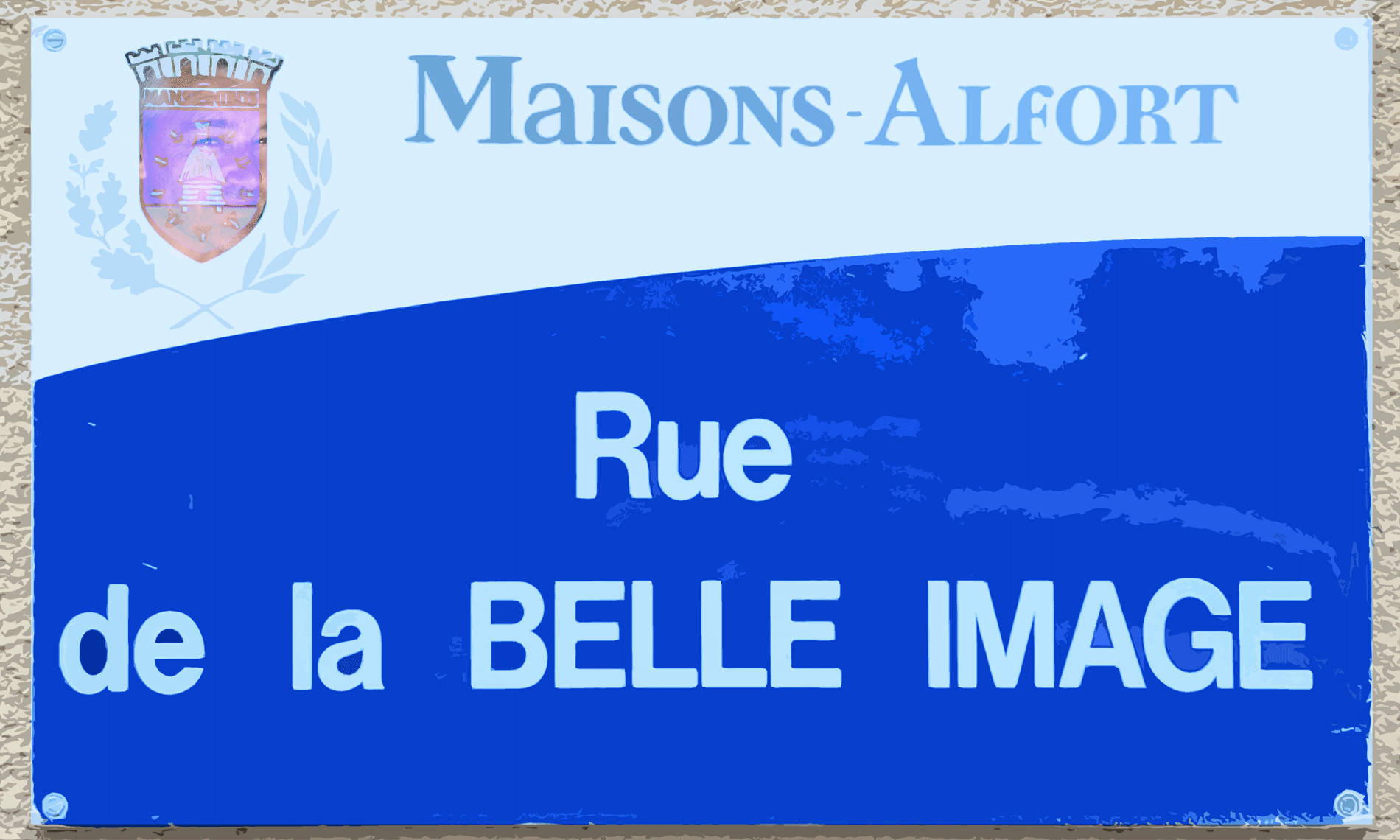
Keep them alive
He saw them: his grandfather, with his hands in the pockets of worn-out trousers, went out into the garden, beating half a voice against the pigeons who were staring at the salads. He had this way of walking with little steep and jerky steps, as if to save himself, he who had never known what meant «rest».
Her grandmother opened the shutters. She had a pre-war coquetry, shawls that she wore at the slightest breath even in summer, and the warm and calm voice of a woman who has never really heard but who has seen everything.
He, on his terrace, refrained from raising his hand. From calling them. He knew that if he broke the spell, everything would vanish. And then… what would he have said to them? That the world had changed, and not for the better? That the pavilions had been razed nearby to build collective and condemn gardens? That dignity was exchanged for comfort and speech for opinion?
No. It was better to watch them, keep them alive in this morning mist, like actors of a film that we are alone to see every day. He had learned to be silent, to be that helpless and faithful witness who no longer participates in anything except this strange endless vigil.
And sometimes, in the reflections of the glass of the cafe, he surprised his own face, blurred, aged, astonished. He then wondered if he had not also become an early memory. One of those modern ghosts that nobody notices, because he drinks his coffee, pays the bill and disappears.
But as long as there was a hedge, as long as there was the rue de la Belle-Image, as long as there was this rendezvous with the impossible, it would continue. Because there is no more beautiful duty than to watch live those who the world has forgotten.
The last witness
One morning, the sun was playing cloud-hopping, and the café had been populated without warning by a new noise: that of battered cards, hoarse voices arguing without acrimony, as if losing a part was part of the charm of life. There were four of them, old men like no other, the type to say «Good God» every two sentences and still wear a cap, even inside.
One of them, perhaps more arched, with a blue eye washed from wear but not forgetting, raised his head between two thoughts and dropped it in a tone slightly louder than a sigh: “Remind me… In the fifties, there was a guy in the corner… Old René. A great guy.”
He did not need to listen. At that name, at that voice, his whole body was stretched like a dog that recognizes the steps of a master who has disappeared.
“Oh, yes,” said another, “the one who had tinkered a greenhouse in his garden with grocery windows”?
-It’s him. Here, on rue de la Belle-Image, two steps away, that reminds me. One of those across the street I think. He didn’t say much, but he could have held a whole neighborhood with one look. When my father fell ill, it was René who came every morning to bring us milk, discreetly, without a word. Guys like that, there are more».
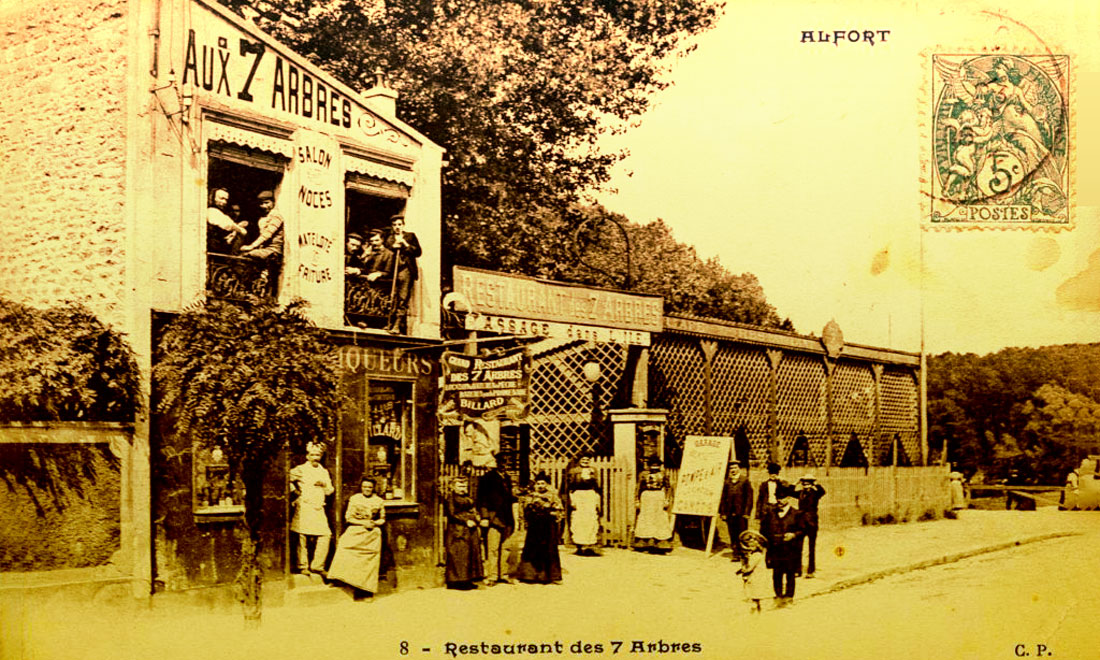
Respect
They said, this time in silence. A kind of respect had prevailed. The old man continued:
He had taught me how to sharpen a blade, how to pluck the earth without tiring it. He said: “You don’t work against, you work with. I was 12. It’s not the kind of thing you forget.”
He looked down, suddenly far away. The cards were forgotten. There was a beating, a suspension of the world. Like an old record that jumps but nobody wants to put back.
He, at his table, felt a mute emotion, something warm and tangled in the chest. He had never heard anyone talk like that about his grandfather. Not even in his family. Old René, for him, was the silent man of the garden, whom he knew all the same that he was at the front in Verdun but as a nurse not to raise a gun on a man. It was the shadow of Sunday afternoon, the look that said “courage” without believing in it at all.
Three ideals have illuminated my path and often given me the courage to face life with optimism: goodness, beauty and truth.
And there, in the mouth of a stranger, he was again bright, useful, admirable, more true than in memories. He said nothing. He did not stand up. He did not interfere in the moment, he did not feel entitled. It was a miracle happening -and miracles can’t be touched.
There are only two ways to live your life: acting as if nothing was a miracle, or doing as if everything was.
A quiet little flash
But when, an hour later, he set his coffee and passed in front of the table of players, his look crossed that of the old man. It was brief, without a word. And yet something happened. A quiet flash of light. A recognition.
The old man blinked, tilted his head slightly to one side, as if to say: I know.
And he, without answering, leaned his, as if to confess: Thank you!
Then he came out, hands in his pockets, a little straighter than usual. The Rue de la Belle-Image had not moved. The modern world could well gallop around, there was at least one thing that stood still: the trail of righteous men.
He went back that day without stopping, without looking around. There was nothing to look for or hope. No silhouette of the past, no portal that squeaks. Yet he had never felt so close to those who had preceded him. As if a circle had closed, without noise, around the small laurel hedge, the coffee terrace, the word of an old man.
Like a forgotten sun
He understood, crossing the street, that time does not erase anything: it covers. Like an old coat you throw on a chair, and one day you find the heat. That morning, in a suburb where nobody thinks of anything important anymore, he had seen the memory rise like a forgotten sun.
He did not know what he would leave, him. No greenhouse tinkered with, no milk delivered in secret, no look able to appease a world. But perhaps one day, another old man would speak in a low voice in a coffee shop under construction. Maybe someone would say, “I remember him. He didn’t say much, but it felt like it mattered.”
Perhaps it is not necessary to have an immense experience. It is enough to have loved those who had it. And to never stop watching them live, even long after. He thought of his grandfather, his worn-out hands, his silences heavy with dignity.
And for the first time, he smiled without sadness. Because he knew now that these things never really die. As long as we come back, every morning, to sit in their seats…
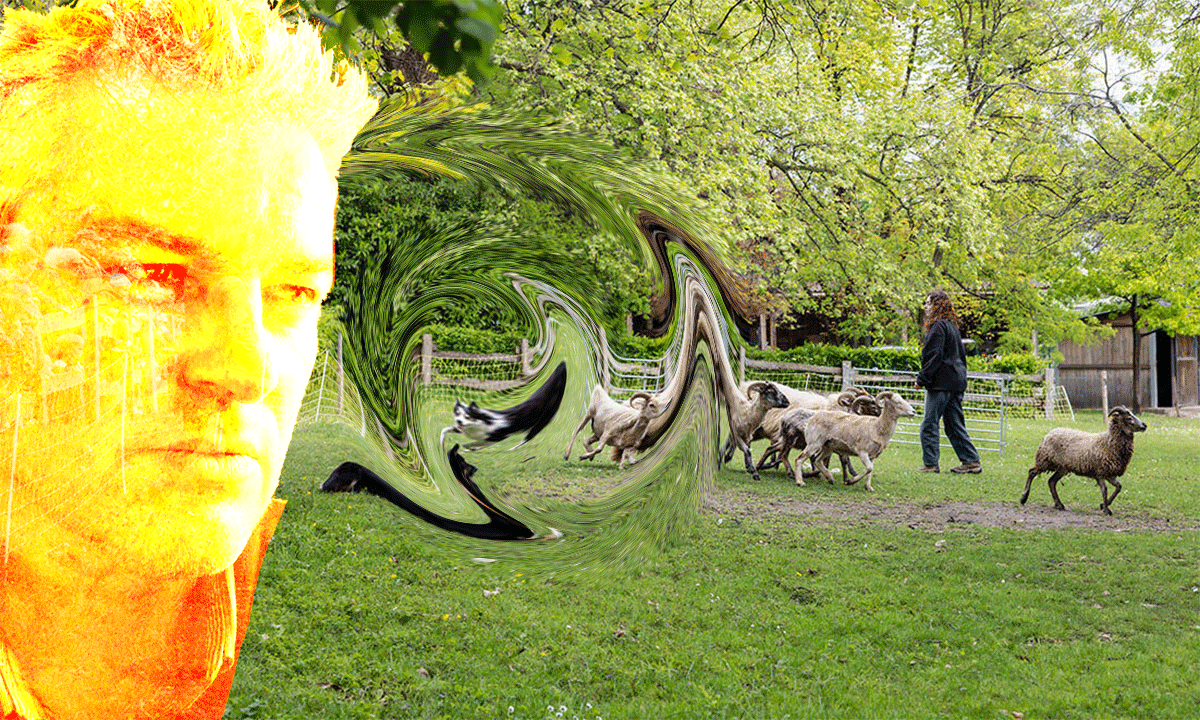
Articles of Alain Aillet


